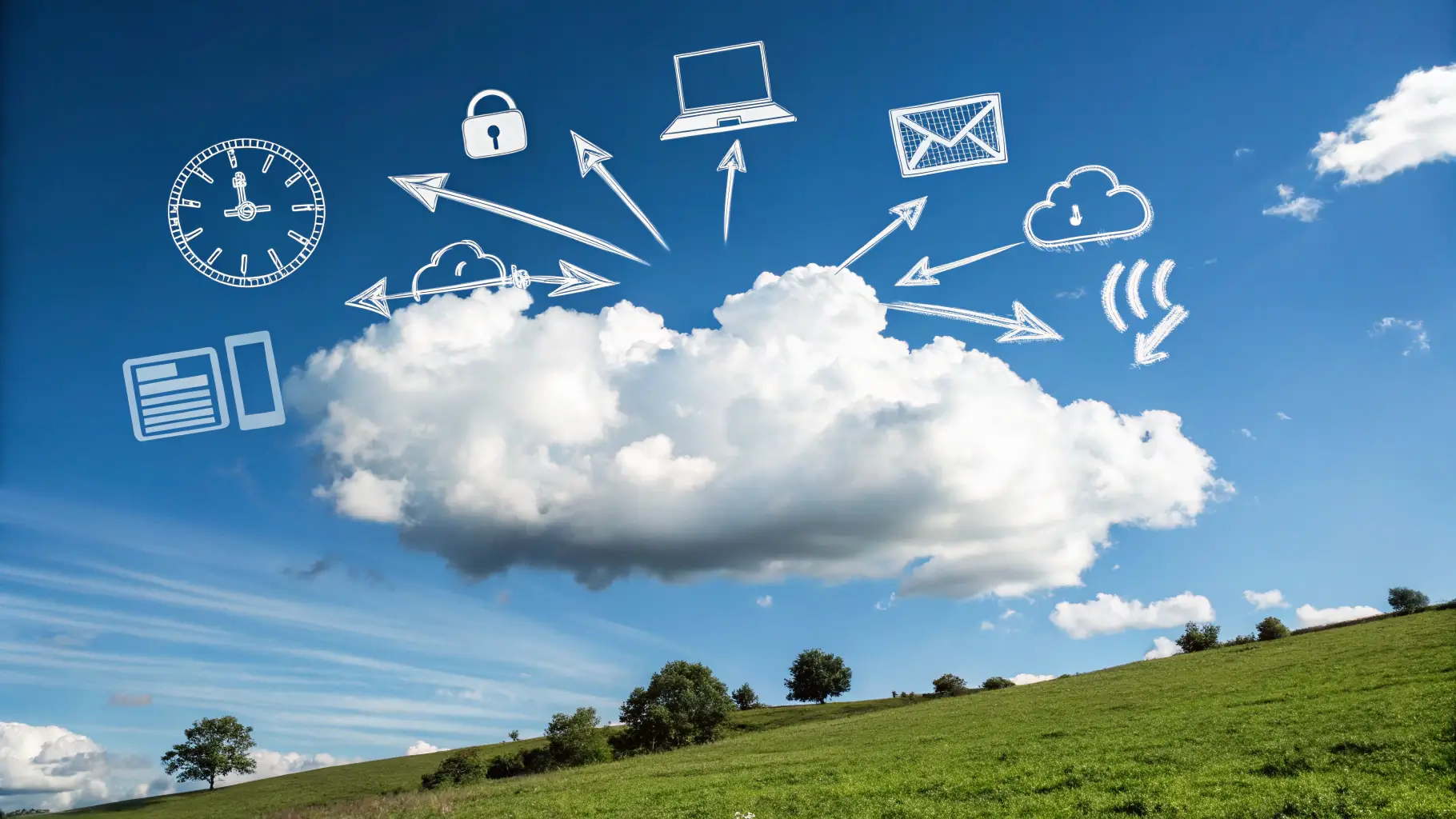Artificial intelligence is rapidly changing the way we work, impacting various industries and professions. From automation to data analysis, AI is reshaping the job market, creating new opportunities and presenting challenges for workers. The integration of AI in the workplace is a complex issue with both positive and negative aspects. The future of work is likely to be significantly influenced by AI. The rise of AI-powered tools and systems is automating tasks previously performed by humans. This automation can lead to increased efficiency and productivity in many sectors. However, it also raises concerns about job displacement and the need for workforce retraining. The transition to an AI-driven workplace requires careful consideration of the ethical implications and societal impact. Companies are increasingly adopting AI to improve decision-making, enhance customer service, and optimize operations. This adoption is leading to a demand for skilled professionals with expertise in AI and related technologies. The demand for AI specialists is expected to grow significantly in the coming years, creating new career paths and opportunities for those with the necessary skills. This trend is likely to continue as AI becomes more integrated into various aspects of our lives.
Cybersecurity Threats in the Digital Age
Cybersecurity threats are constantly evolving, posing significant risks to individuals and organizations.




